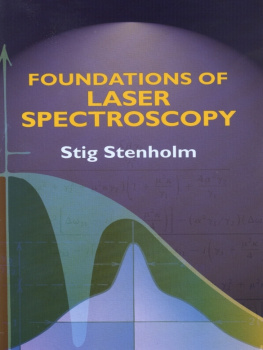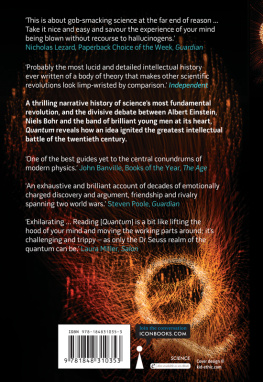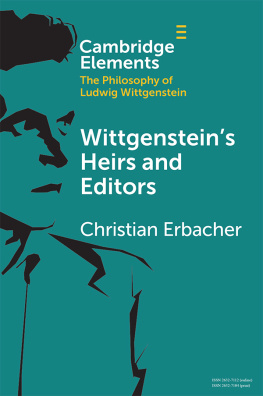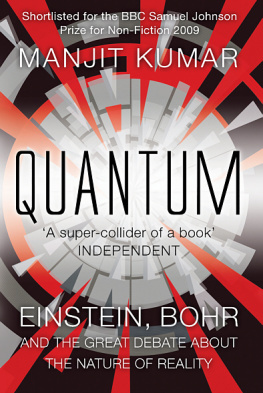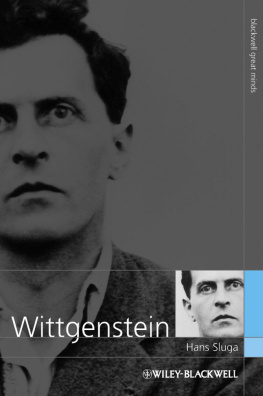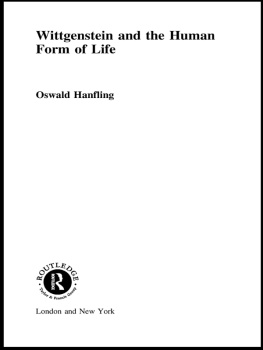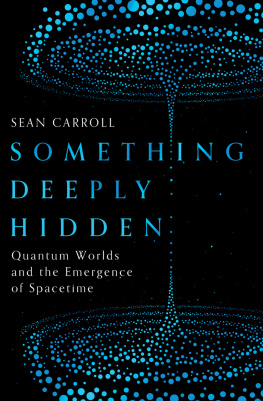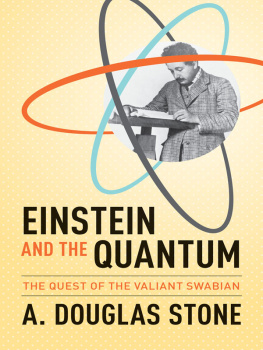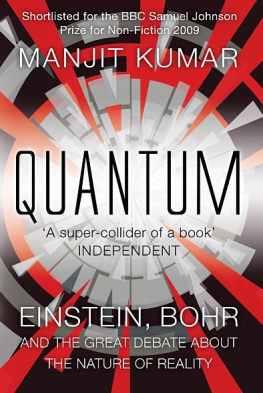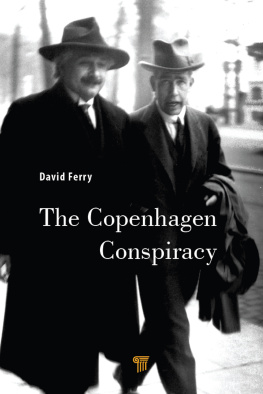1. Prelude
1.1. A time of change
Philosophie drften man eigentlich nur dichten
The centre cannot hold
Medieval man lived in a universe of certainty. The Church delivered truth, nay it was the only truth. If one queried science or issues of conduct, the scholars could provide an answer. This was always to be found in Aristotle or the Church fathers respectively. Deviations from this received judgement were incinerated in the autodaf, consuming both the individuals as well as their writings. No deviating answers emerged because the questions could not be asked.
The first break in this bulwark was caused by science. The movement initiated by Galileo Galilei could not be stemmed and eventually deprived the Church of its authority in scientific matters. The process was slow but its outcome was inevitable. Sustained by progress in technology, modern physics and chemistry proved their worth.
Concomitantly with the scientific developments, the reformations ended the supreme sovereignty of the Catholic Church and opened up the freedom of the individual to think. The French Revolution finally put its seal on modernity; even in the matter of administration, the popular opinions of the crowd could no longer be neglected. The modern society is still living as the heir to these movements.
But physics did not provide the ordered world expected of it; nor did any brand of democracy lead to the greatest happiness for the largest number of people. All that happened was that we were thrown into a state of perplexity, which only grew with increasing knowledge. The increase of knowledge certainly did not increase happiness.
In science, the mastering of heat engines and electricity forged the foundations for most of modern technology. It was, consequently, expected that the phenomena of nature could be catalogued and chained. Things did not turn out this way; the ultimate theory of matter and radiation, quantum theory, took the form of an abstract set of recipes, which gave no basis for a visualizable picture of everything. Still the theory has been profoundly successful when applied to real (p.2) phenomena; both technology and fundamental understanding have benefitted enormously. But it has not solved any riddle of our lives nor revealed the essence of the empirical world.
When philosophy aimed at certainty it turned to mathematics. Surely, it was taught, the result of a calculation is necessarily true. The statement The circumference of a circle is times its diameter has to be an absolute truth. But no, the arbitrariness of Euclidean geometry made the statement undecided at best. With a closer investigation, more difficulties emerged: How do we assign a numerical value to the diagonal line and the curved line of the circle itself; how do we compare these numbers? What is that mysterious symbol and what is its status of being; how are its digits determined and what is their distribution?
In addition to the questions of defining the mathematical concepts and their mutual relations, there turned out to be unavoidable features of incompleteness. Not all theorems can be proved and not all numbers can be computed. These results do, of course, refer only to formal processes in closely defined systems, but they suggest a need to doubt the truth and relevance of mathematical manipulations.
The consequence of these complications turned out to be the insight that all knowledge must be captured in words belonging to our common language. Because this is not a closed formal structure, it is dependent on human life in the everyday world. It contains limitations deriving from our limited intellect and historical developments as social beings. There can be no universal language game describing all of reality including human consciousness. The use of language works only in limited situations and in incomplete ways.
Ludwig Wittgenstein started his thinking by trying to provide a complete description of all that can be stated uniquely in language. The rest cannot be discussed and thus lies outside of communication. He thought that he had finished the task of philosophy, which thus had reached its ultimate end. Later he recognized that language is more intricate than he had assumed. His subsequent work was to be based on communication within limited systems, considered as language games in which concepts have their meaning. Even the activity of mathematicians falls into this category of games.
In physics, Niels Bohr came to be the advocate of a new approach to the physical investigation of reality. He recognized that the theories of physics also derive their communicative power from the use of language, even if we need to extend it with the tools of mathematics. This is then to be taken as complementing our common language. The theory is purely formal, and communication has to be conducted in terms of classical concepts, because these apply to the world where we live. The only way to make the exchange of physical information unambiguous is to extract classical pictures from the processes of nature. According to Bohr, the full description from initial preparation to final recording of the outcome, is the basic physical phenomenon


